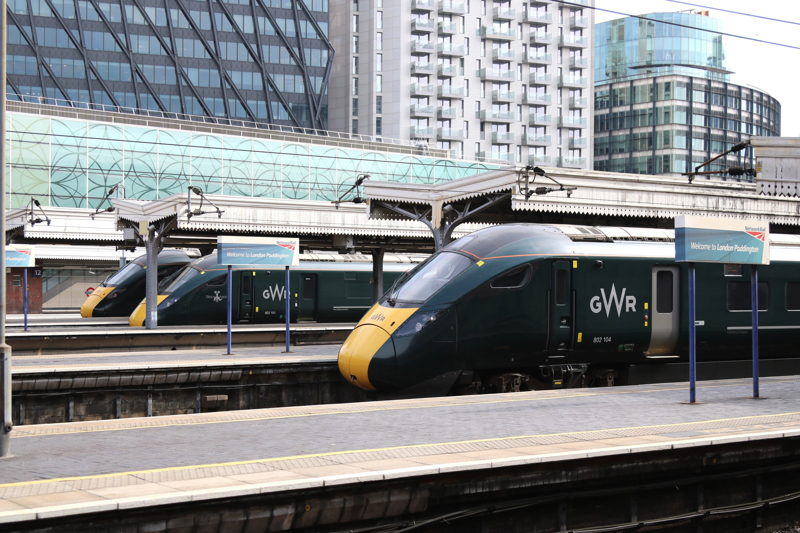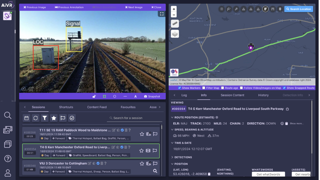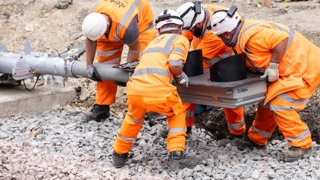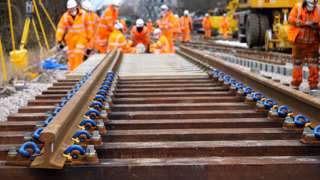
Delay minutes between London Paddington and Reading have reduced by 125,000 year-on-year after the first 12 months of Network Rail’s project to fix daily problems along the route.

Delay minutes between London Paddington and Reading have reduced by 125,000 year-on-year after the first 12 months of Network Rail’s project to fix daily problems along the route.
A Freedom of Information request revealed that infrastructure faults along that stretch of Great Western Main Line disrupted passengers on 361 out of 365 days up to November 30 2022.
An overhead power line failure in west London on December 7 2023 led to seven trains being infamously stranded for up to four hours and up to 4,000 passengers climbing down onto the tracks.
Project Brunel was set up in early 2024, a two-phase remedial plan to stabilise performance and then get more trains running on time with fewer infrastructure failures.
“We have reduced delay minutes by 125,000 year-on-year,” Programme Director Karl Winstanley told RAIL. “That is a 21% reduction. I’d say that is a vast performance improvement. That’s the headline, against a much busier railway.”
On-time running has improved by 1% with 45,800 more station stops being on time.
Vegetation and pest control has been part of the issue.
“We identified the ‘bleeders’ of performance. And the biggest bleeder was trips of the OLE [overhead line equipment]. The main cause was vegetation touching the wire, especially during windy conditions,” said Programme Manager, Andy Jackson.
"We took each individual incident and gave it a priority order. Priority 1 was to fix something right now. Priority 2 was something we needed to do only after that, so we didn’t just go out and cut everything willy-nilly.
“That led to a remarkable drop in OLE trips, and that contributed to a big step-up in overall performance.”
Another big cause of delays was pigeons that nested under bridges.
Jackson explained: “Pigeons nest under bridges. As the train goes past with its pantograph, they get on top of the wire and form an earth,” but targeted pest control has improved the situation.
The team also revealed how trains running through the Thames Valley to and from Paddington are 38% heaver since COVID, coinciding with the opening of the Elizabeth line.
Since February 2024, 96% of the 777 axle counters have been replaced, helping to reduce the number of track circuit failures when the system couldn’t detect trains.
GWR spikesman Dan Panes said that and overhead line resilience work had been “particularly notable,” adding: “What we’re really seeing is an increased level of detail in planning and execution that wasn’t always the case before”.
Read the full feature on Project Brunel in issue 1036, on sale from Wednesday May 28.
Login to continue reading
Or register with RAIL to keep up-to-date with the latest news, insight and opinion.

















Login to comment
Comments
No comments have been made yet.